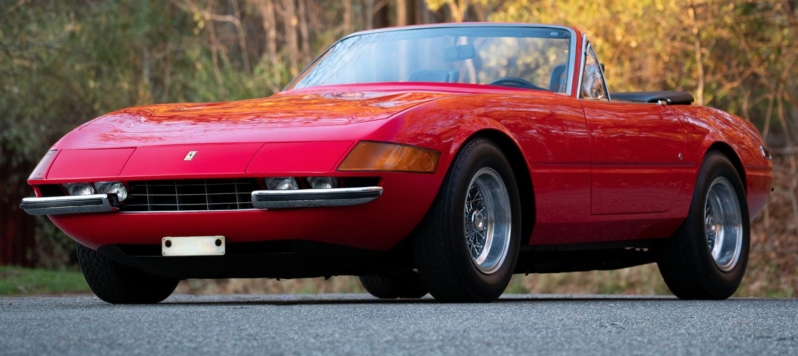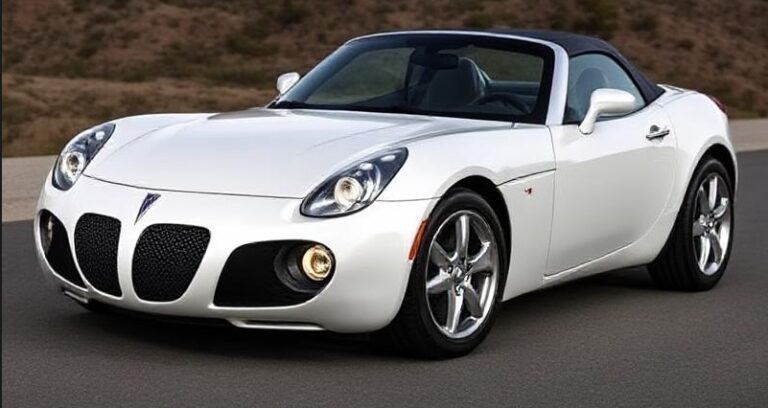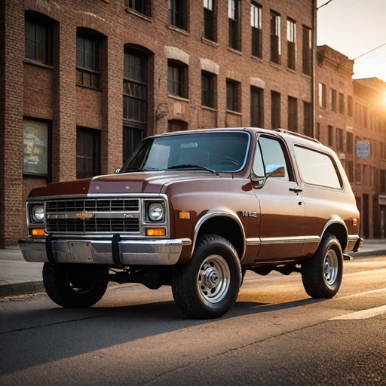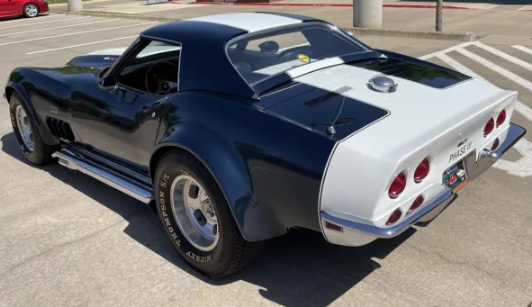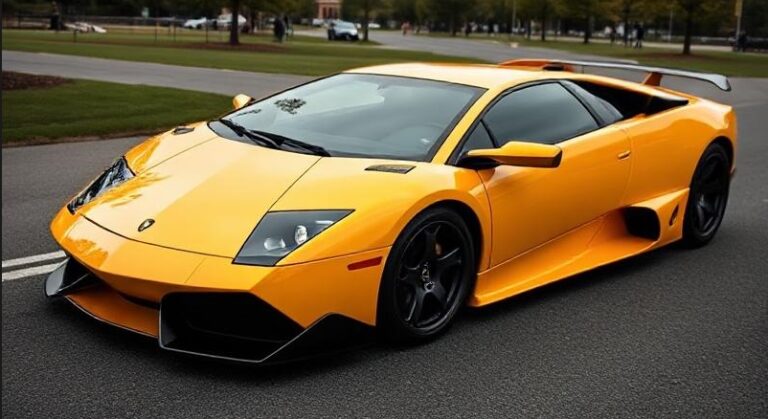The Evolution of the Ferrari Daytona
The Ferrari Daytona is one of the most iconic and celebrated models in Ferrari’s storied history. Renowned for its striking design and exceptional performance, the Daytona name has become synonymous with the golden era of Ferrari sports cars. This article traces the evolution of the Ferrari Daytona, detailing its production years, various models, and trim levels.
Origins and Introduction (1968–1973)
Introduction of the Ferrari 365 GTB/4 (“Daytona”)
The Ferrari Daytona’s inception dates back to 1968, marking a significant milestone in Ferrari’s lineup. The original model, officially designated as the Ferrari 365 GTB/4, was introduced at the Paris Auto Show in October 1968. The “Daytona” nickname was popularized by the media after Ferrari’s success at the 1967 24 Hours of Daytona race, although Ferrari officially never named the car “Daytona” during its production.
Design and Engineering
Designed by Pininfarina, the Ferrari 365 GTB/4 showcased a sleek, aerodynamic body that set new standards for styling in the grand touring segment. Under the hood, it was powered by a 4.4-liter (4390 cc) V12 engine, which produced approximately 352 horsepower, enabling it to reach top speeds of around 174 mph (280 km/h).
Production Years and Models
- Production Period: 1968–1973
- Total Production: Approximately 1,284 units
The initial model was the Ferrari 365 GTB/4, which was further refined during its production run with minor updates and special editions.
The Ferrari Daytona Series (1971–1973)
While the original 365 GTB/4 was introduced in 1968, Ferrari introduced a more refined and limited version called the Ferrari 365 GTC/4 in 1971, which can be considered a spiritual successor but with distinct differences.
Ferrari 365 GTC/4
- Production Years: 1971–1972
- Engine: 4.4-liter V12
- Power: Approximately 340 horsepower
- Design: Pininfarina, with a slightly more luxurious and less aggressive styling
- Performance: Top speed around 165 mph
While not officially branded as “Daytona,” this model shares the lineage and was part of Ferrari’s grand touring lineup during the early 1970s.
Introduction of the Ferrari 365 GTS/4 “Daytona Spider” (1969–1973)
One of the most iconic variants associated with the Daytona name is the Ferrari 365 GTS/4 “Daytona Spider”, a convertible version of the 365 GTB/4.
- Production Years: 1969–1973
- Units Built: Approximately 121 units
Features and Trim
- The Daytona Spider featured a removable soft top, with a design that combined open-air driving with the performance of the coupe.
- It retained the same 4.4-liter V12 engine, producing around 352 horsepower.
- The Spider is highly collectible today, known for its rarity and classic styling.
The Ferrari 365 GTB/4 “Daytona” (Naming and Legacy)
The moniker “Daytona” became popular in the early 1970s, especially after the success of the Ferrari 365 GTB/4 in the 1967 Daytona race, reinforcing Ferrari’s racing credentials. While Ferrari did not officially name the car “Daytona,” the nickname was widely adopted by enthusiasts and collectors.
The Ferrari 365 GT4/BB and 512 BB (1976–1984): The Next Generation
Following the original Daytona’s production, Ferrari shifted towards mid-engine designs.
Ferrari 365 GT4/BB
- Production Years: 1976–1980
- Engine: 4.4-liter V12 (flat-12 configuration)
- Power: Approximately 345 horsepower
- Design: Bertone-styled
Ferrari 512 BB (Berlinetta Boxer)
- Production Years: 1976–1984
- Engine: 4.9-liter flat-12
- Power: About 360 horsepower
- Significance: Marked Ferrari’s move into mid-engine, boxer-engine design, diverging from the front-engine Daytona lineage.
While these models are not direct successors, they represent the evolution of Ferrari’s V12 engineering during the late 1970s and early 1980s.
The Ferrari 400/412 Series (1985–1989)
Ferrari reintroduced a front-engine V12 grand tourer with the Ferrari 400 Series, which included:
- Ferrari 400i (1985)
- Ferrari 412 (1985–1989)
These models featured a 4.0-liter and later a 4.9-liter V12 engine, with refined luxury and comfort, expanding the grand touring scope but moving away from the Daytona’s pure performance ethos.
The Ferrari 308/328 Series (1975–1989): The Evolution in the Entry-Level Segment
While not directly related to the Daytona’s lineage, Ferrari’s mid-engine V8 models like the 308 GT4, 308 GTS, and later 328 GTS offered more accessible sports cars, expanding Ferrari’s market reach. These models, however, are outside the scope of the Daytona lineage but reflect Ferrari’s broader evolution.
The Ferrari 355 and 360 Series (1990–2005): Modern V8 Successors
Ferrari’s focus shifted towards V8-powered models with the introduction of the 355 and 360 series, moving away from the V12 grand tourers. Nevertheless, the Daytona name remained a symbol of Ferrari’s performance heritage.
The Ferrari 575M Maranello and 612 Scaglietti (1996–2010)
The 575M Maranello (1996–2006) and 612 Scaglietti (2004–2010) represented Ferrari’s flagship front-engine V12 GTs in the modern era, continuing the legacy of the Daytona in terms of grand touring performance.
The Ferrari 812 Superfast (2017–Present)
The 812 Superfast symbolizes Ferrari’s latest front-engine V12 GT, embodying the technological advancements and performance standards set by the Daytona era.
.
THIS might be a great place to get your new car from!
Or for those who are into the “car flipping” business, here’s an excellent resource for you!

.
Summary of the Ferrari Daytona Lineage
| Year | Model | Engine | Body Style | Notable Features | Production Volume |
|---|---|---|---|---|---|
| 1968–1973 | Ferrari 365 GTB/4 (“Daytona”) | 4.4L V12 | Coupe | Classic Pininfarina design | ~1,284 units |
| 1969–1973 | Ferrari 365 GTS/4 “Daytona Spider” | 4.4L V12 | Convertible | Rarity and collector’s favorite | ~121 units |
| 1971–1972 | Ferrari 365 GTC/4 | 4.4L V12 | Coupe | Luxurious alternative | Limited |
| 1976–1980 | Ferrari 365 GT4/BB | Flat-12 | Coupe | Mid-engine design | Limited |
| 1976–1984 | Ferrari 512 BB | Flat-12 | Coupe | Boxer engine, high performance | Limited |
| 1985–1989 | Ferrari 400/412 | V12 | Coupe | Luxury GT | Limited |
The Enduring Legacy of the Ferrari Daytona
While Ferrari has produced numerous models over the decades, the Daytona remains a symbol of the brand’s golden era of high-performance grand touring. The original Ferrari Daytona, with its aggressive styling and pioneering engineering, laid the groundwork for future Ferrari masterpieces. Its rarity, iconic design, and racing pedigree have cemented its status as one of the most desirable and revered Ferrari models in history.
In conclusion, the Ferrari Daytona’s evolution reflects Ferrari’s commitment to blending cutting-edge technology with timeless design. From the original 365 GTB/4 to the modern V12 front-engine GTs, the Daytona name continues to evoke the spirit of Ferrari’s racing heritage and engineering excellence.
